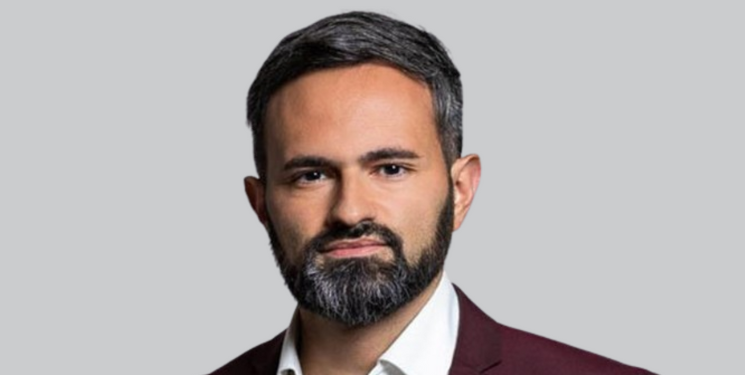We have grown increasingly accustomed to being reminded about the consequences of Covid-19 on the health of our societies. We have also become increasingly concerned about its devastating impact on the economy. We are, however, less aware of the impact that the pandemic will have on social inclusion (particularly for the most vulnerable). As a consequence, it is essential to find an antidote to undo the impact of the pandemic on social exclusion and its effects.
We currently live not only in a state of health emergency but in a social emergency. Covid-19 has tested our immune systems, but it has also tested our social welfare systems, leading to some irrational decisions impacting social inclusion in our countries. For example, decisions to regularly ban relatives from visiting nursing homes residents, or not allowing residents to leave, has amounted to an additional lockdown that violates fundamental rights.
Of course, the argument is that this is done to protect the safety of the most vulnerable, but a nursing home cut off from the outside world is the epitome of isolation. Policies promoting the segregation of those in residential services are not only harmful through the isolation they create but also pose secondary risks of stigmatisation of the vulnerable as well as threats to safeguarding.
Quality public social services are the most effective vaccine against social exclusion. Social services professionals have the knowledge and expertise to preserve the values of social inclusion and support the most vulnerable in our societies. However, they need support to be able to do so. Data from our members indicates that the cost for social services has increased significantly during the pandemic and public social services need the right tools and resources to secure their resilience and sustainability.
For example, in the city of Barcelona, local public social services supported 45,000 people between March and July 2020, the initial months of the pandemic. This figure accounts for half of the total number of beneficiaries in the whole of 2019. In addition, just between March and July they provided 18,760 emergency allowances for a value of €8 million, more than double the amount in 2019. In Flanders (Belgium), social services directors warned that the number of users of social services increased by almost 30% during the pandemic. However, statistics only tell us part of the story. Isolation means that people do not always come forward for help leading to an increase in domestic violence, child abuse, or older people not seeking help.
Social services play a key role in helping the most vulnerable face the social consequences of the pandemic and preventing lockdowns turning into social exclusion. However, the Covid-19 pandemic has placed additional pressure on a social services sector, which was already under stress, and exposed the gaps and weaknesses of existing social welfare systems. This has led to the creation of additional vulnerabilities, particularly amongst older people, those who rely on social services, and those who have lost their jobs as a result of Covid-19, resulting in financial precarity, and ultimately leading to social exclusion.
While these problems already existed, the pandemic has compounded these entrenched vulnerabilities. The lack of resources, such as funding and adequate infrastructure, have long resulted in major challenges for public social services authorities but the pandemic has magnified them. Current and future continuity plans need to take account of the best way to meet pre-existing needs as well as additional protective equipment demands and different populations requirements. These should be underwritten by adequate funding.
The European recovery and resilience funds are a transformational opportunity for social services. National authorities have the chance to cooperate with regional and local social services to employ these funds for the reform and modernisation of social services. This will ensure that social services fulfil their role both as a safety net that protects the most vulnerable and as an investment that safeguards us against the worse impact of any crisis. This is the booster of the vaccine to combat social exclusion.


